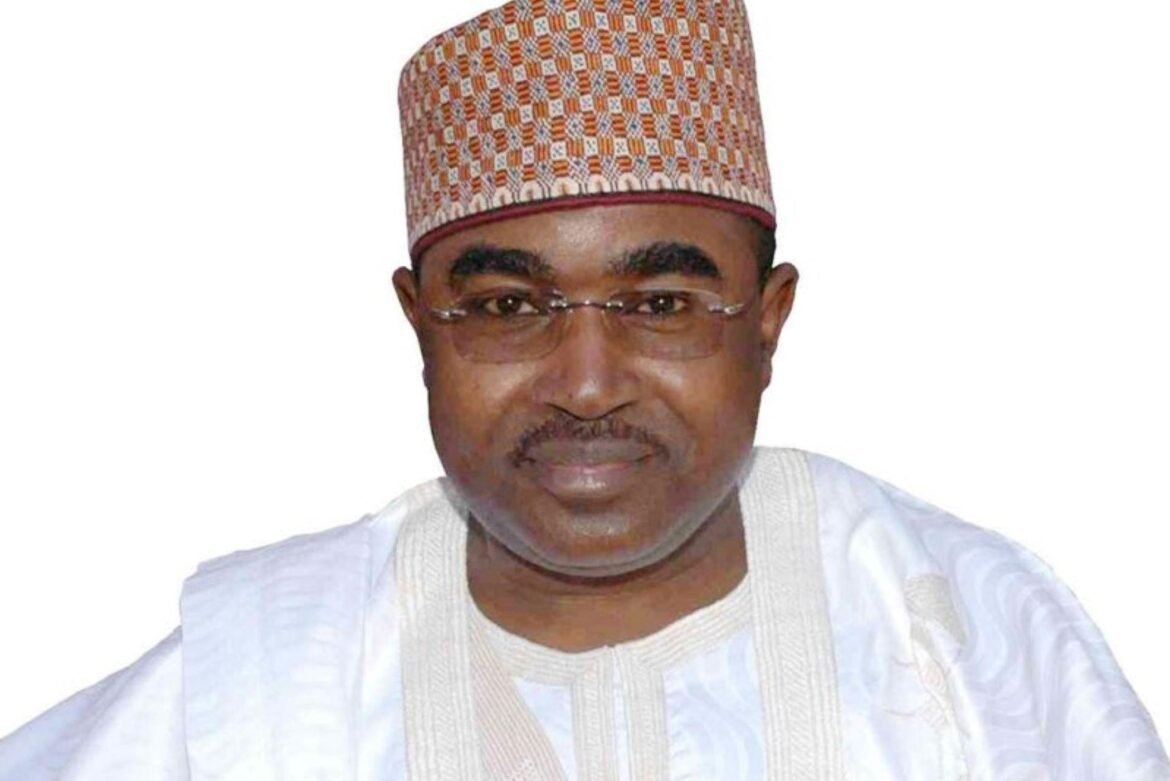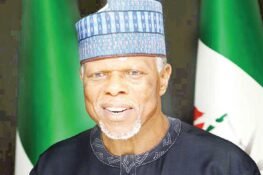NDLEA chairman, retired Brig.-Gen. Mohammed Marwa, on Wednesday in Abuja cautioned youths about the dangers inherent in the use of illicit drugs.
Marwa gave the advice in a lecture delivered on his behalf at the National Institute for Cultural Orientation’s (NICO) 2023 Annual Public Lecture.
The lecture had: “Culture, drug abuse and the future of Nigerian youths’’ as its theme.
Mrs. Anthonia Madubuike of NDLEA’s Drug Demand Reduction Department who represented Marwa commended NICO for its thoughtfulness and initiative in organising the annual lecture series.
Marwa stated that the event demonstrated NICO’s deep commitment and passion in ridding the society of the menace of drug abuse and its consequences.
“This event is apt and timely because it creates awareness on dangers inherent in drug abuse. It also sensitises members of the society on their roles in drug abuse prevention, treatment and care.
“Substance abuse has medical, social, economic and psychological consequences on user, family and on society at large.
“Young people who persistently abuse substances often experience an array of problems, including academic difficulties, health-related problems poor peer relationship and involvement with the juvenile justice system,’’ he stated.
He listed the consequences of drug abuse to included violence, rape, and suicide, paranoia, and poor academic performance and dropping out of school, to poor health conditions, indebtedness and waste of resources.
He stressed that drugs abusers were prone to engaging in cultism, thuggery, kidnapping, terrorism, racketeering and armed robbery.
He stated that it was essential to empower young people by providing them with quality education, skills acquisition, employment, access to healthcare, as well as social support system.
“Addressing drug abuse requires a comprehensive approach that includes prevention, treatment, rehabilitation services that should be accessible, affordable and culturally sensitive.
“Drug abuse prevention efforts should focus on education and awareness about attendant risks and enhancement of protective factors such as family and community support,’’ he stated.
Schools curricular should cover drug abuse to give information on dangers inherent in drug abuse and illicit drugs trafficking and should target youths in schools, principals, teachers, counsellors and school administrators, he added.
He appealed to governments, civil society organisations, communities and religious leaders, professional bodies and NGOs to collaborate and create an enabling environment to support the positive development of Nigerian youths.
He called on parents to get involved in the educational progress of their children and pay attention to their activities, the kind of friends they keep and their use of the internet.
“Schools should also establish a tripartite communication between parents, schools and students.
“Leveraging on technology and media to disseminate information, focusing on positive role models and inspiring narratives can help to shape cultural norms and attitudes towards drug abuse.
“Culture, drug abuse and the future of the Nigerian youth are interconnected.
“Recognising and respecting cultural values while addressing the challenges of drug abuse can provide Nigerian youths with opportunities to thrive and contribute positively to national development,’’ he stressed.
(NAN)








